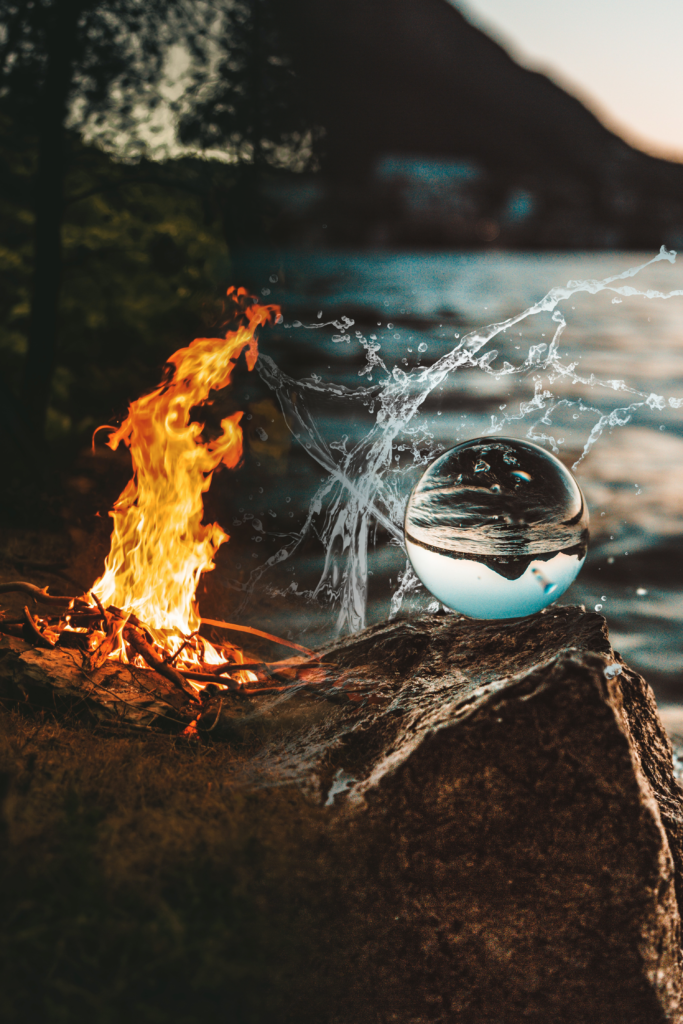The Warrior and the Healer
A couple of months ago, my uncle told me a story of my great-great-grandfather. I’ve heard stories of him my whole life, but this time it made me understand what the story really meant.
When my great-great-grandfather was alive, he was the lonko (Chief) of our community. Together with other warriors in our community, he fought against the state to protect our people and land.
Now, in a culture that only praises and celebrates the traits of a warrior, this would probably be the one and only focus of who he was. But not for our family.
My uncle said that whenever he returned on the back of his horse, he would walk inside our family home and lean his spear and a weapon he had won from the enemy against the wall.
It was like a silent announcement that at that moment, the fight was over. Because in his home and community, he was not a warrior. He was a father, a grandfather, a teacher, a listener, a person enjoying the gift of living.
Every morning he rose early with antü, father sun. Barefoot he walked outside to enjoy the touch of dew against his feet, and when finding a flower, he carefully placed it behind his ear. For hours he wandered around the foothills of the mountain and inside the forest. Children would follow to hear him teach about the living beings that share our home in meli witran mapu, the land of four directions.
Whenever his wife and daughter, my great-aunt Maria, the shaman in our community, would speak, he would sit in silence to listen and learn.
The way he lived reflects the importance of balance that we as Native people always strive for.
He honored both the warrior and healer within himself, and it’s something I’ve seen my family live by, like an unspoken lesson, for generations.
Honoring the dualities in our life
As a child, my mother always encouraged me to feel my joy and pain equally, She never tried to stop or control, instead, she gave me space and time to go through each experience.

Really enjoyed reading the messages in the story.
Thank you so much, Allison.
This is amazing and it describe the path I would like to travel on. I just got into my Native side. I’m Creole. I never learned my Native side and in search of an Anutie, Uncle, or some Elder to teach me the way of the Red Road.
Sorry for the late response, Kendra. I hope you’ve been able to connect and learn more about your Indigenous roots 🙂